

 Ghana is projected to create over five million jobs from waste management under the Nationally Determined Contributions 3.0 (NDCs) under the Paris Agreement (United Nations Framework Convention on Climate Change).
Ghana is projected to create over five million jobs from waste management under the Nationally Determined Contributions 3.0 (NDCs) under the Paris Agreement (United Nations Framework Convention on Climate Change).
Mr. Emmanuel Kwaasi Adjei, Principal Planning Officer, Ministry of Labour, Jobs, and Employment, disclosed this in an interview with the Ghana News Agency (GNA) on the sidelines of a four-day National Social Dialogue on Green Jobs and Policies organised by the Ministry of Labour, Jobs and Employment (MLJE), in collaboration with the International Labour Organisation (ILO).
Mr. Adjei noted that whereas in Ghana’s NDCs 2.0 the government targeted creating three million jobs out of the climate change action, adding, however, that a look at waste management alone could create more than five million jobs looking at Ghana’s waste management issues.
He added that in climate change measures, most countries were doing away with landfills, and some countries are recycling about 90 percent of their waste to generate energy and other green products.
He said in this context, Ghana was also exploring ways to create jobs by transforming waste into solutions and employment opportunities.
According to him, the country had met a lot of commitments under the NDCs 2.0, adding that for the ministry, they were setting a new target of creating more new jobs from climate change solutions in the NDCs 3.0.
Mr. Adjei added that one of the sectors that the climate change actions could generate a lot of jobs in is the renewable energy sector, indicating that Ghana’s energy mix is thermal and hydro, with renewable energy being between three and four percent.
“If we want to protect the country against climate change, then we need to invest more into renewable energy for the energy mix to go up from its current one, so we need to train a lot of the youth in green skills in the energy sector, such as solar installation and biodigesters,” he added. ?
Dr. Lloyd Ngo, the Project Manager of the EU Ghana Skills Pact Project, explained that the NDCs are commitments that the government had made in accordance with the Paris Agreement, with key areas that the government had committed to to reduce greenhouse gas emissions. ?
Dr. Ngo stated that these include energy production, transport, agriculture and forestry, adding that these were captured in Ghana’s NDCs 2.0, which is currently being reviewed, while the government hopes to finish the stocktaking and present the 3.0 before the end of the year. ?
He said his outfit, which was implementing the pact with the ILO, realised that there was a bit of non-participation of the employers and workers in the NCDs 2.0 even though climate change issues impacted on them more; therefore, there was a need to organise the social dialogue among the partners. ?
“We want to ensure that they are part of the process. Social dialogue is a key pillar of the just transition, driving collaboration among social partners and government.” ?
He expressed the hope that with this process, the workers and employers come to the table for their voices and contributions to be heard in the NDCs 3.0. ?
Touching on Ghana’s energy mix, he noted that a few decades ago Ghana used to get most of its electricity from hydro, which could be considered to be renewable, but over the years due to climate issues, drought, and other issues, the government turned to fossil fuels, with the country currently doing about 70 percent of its energy from oil and gas.
He expressed the hope that even though there could be some reasons behind the shift, the government was mindful to develop other energy sources into the energy mix, stressing that just transition was a shared responsibility as the world shares the environment. ?
“We know that if we don’t look after this environment, most of the jobs will be lost. We are already experiencing floods and high temperatures, which are already affecting the workers, especially those doing outdoor jobs like construction and agriculture; some can’t even work a full day. They have to do half a day to manage the heat that is affecting them,” he stated. ?
Dr. Ngo emphasised that “It’s a shared responsibility; I hope all nations will play their parts to ensure we live in an environment that will be safe and sustainable for all of us and our children.”
Source: GNA
The post Ghana projects to create over five million jobs from waste management appeared first on Ghana Business News.
Read Full Story
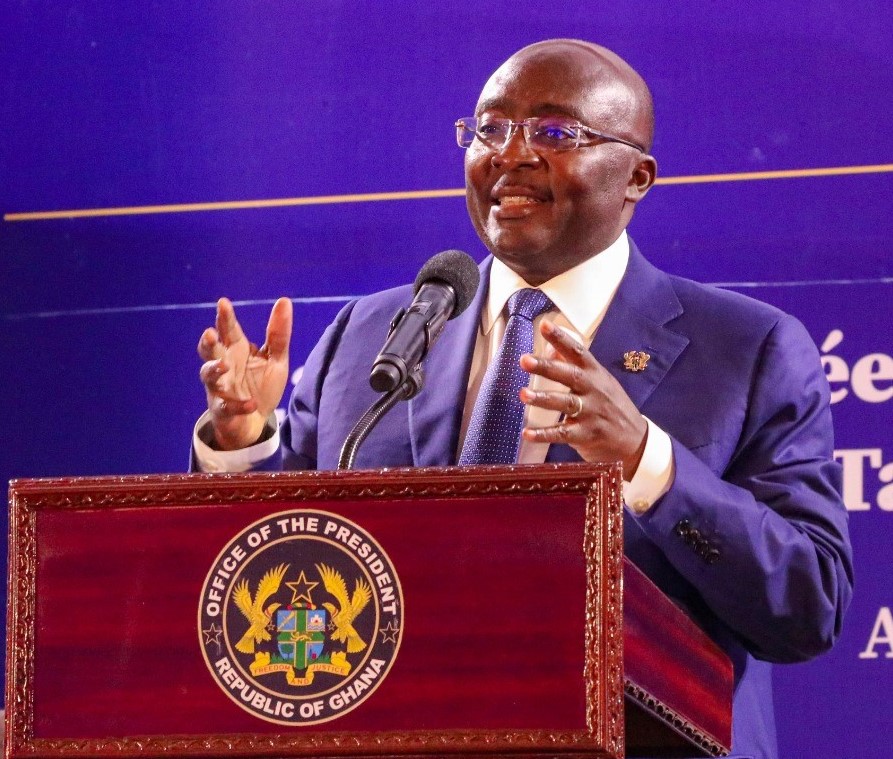


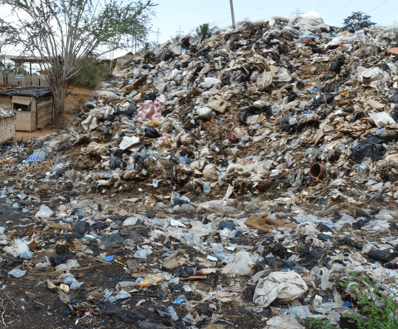

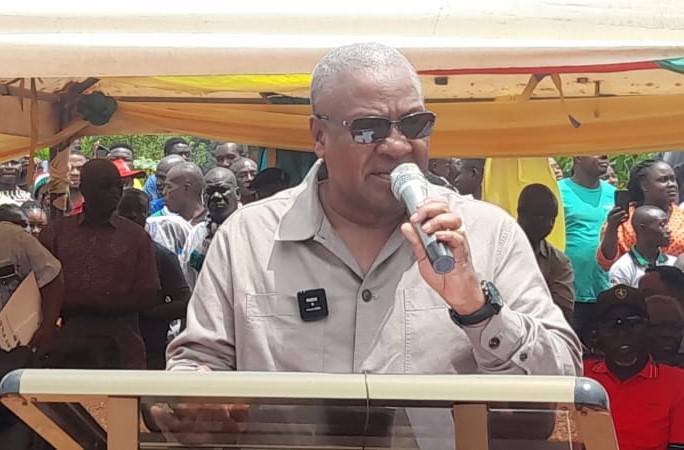
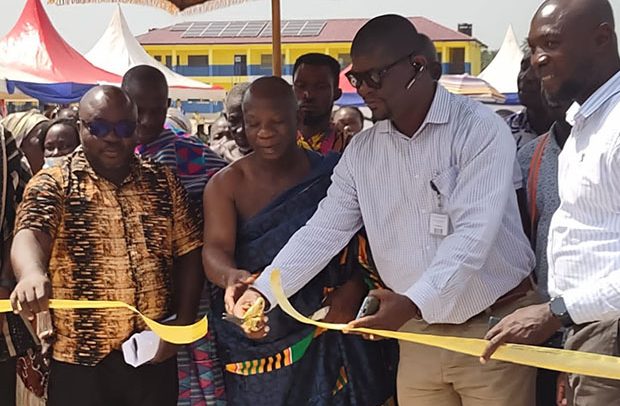


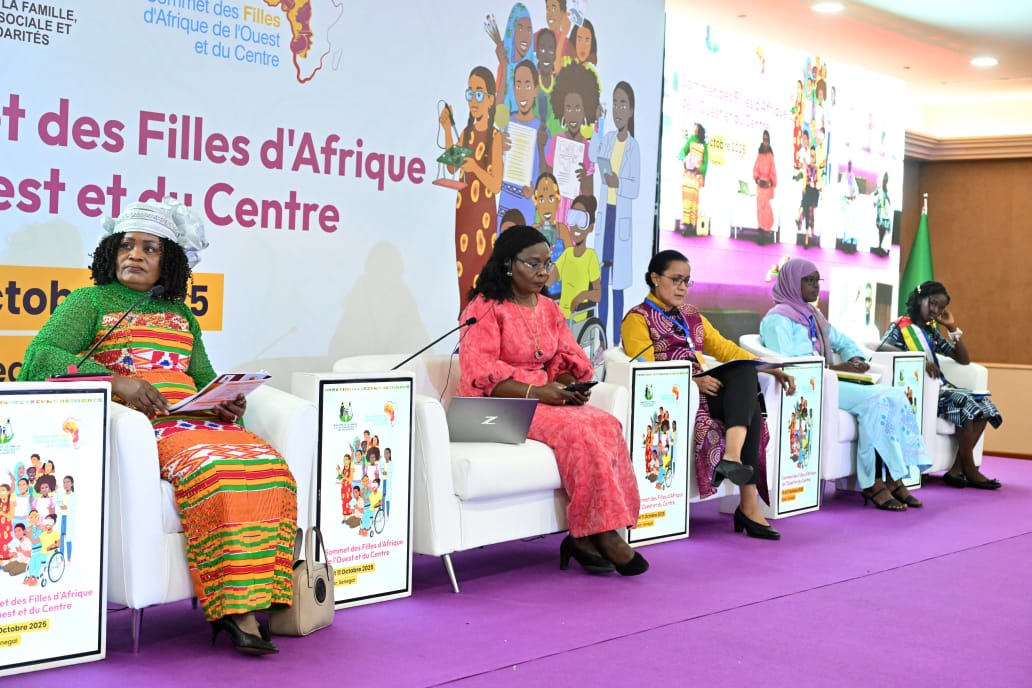




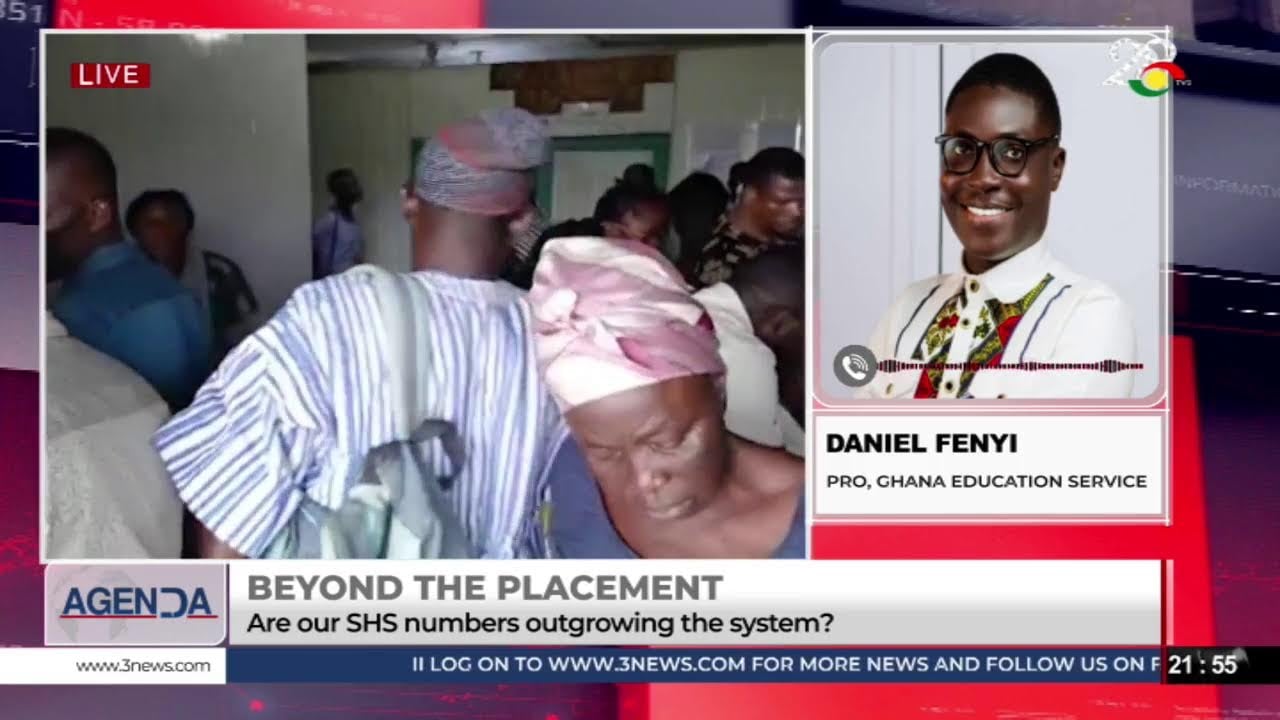



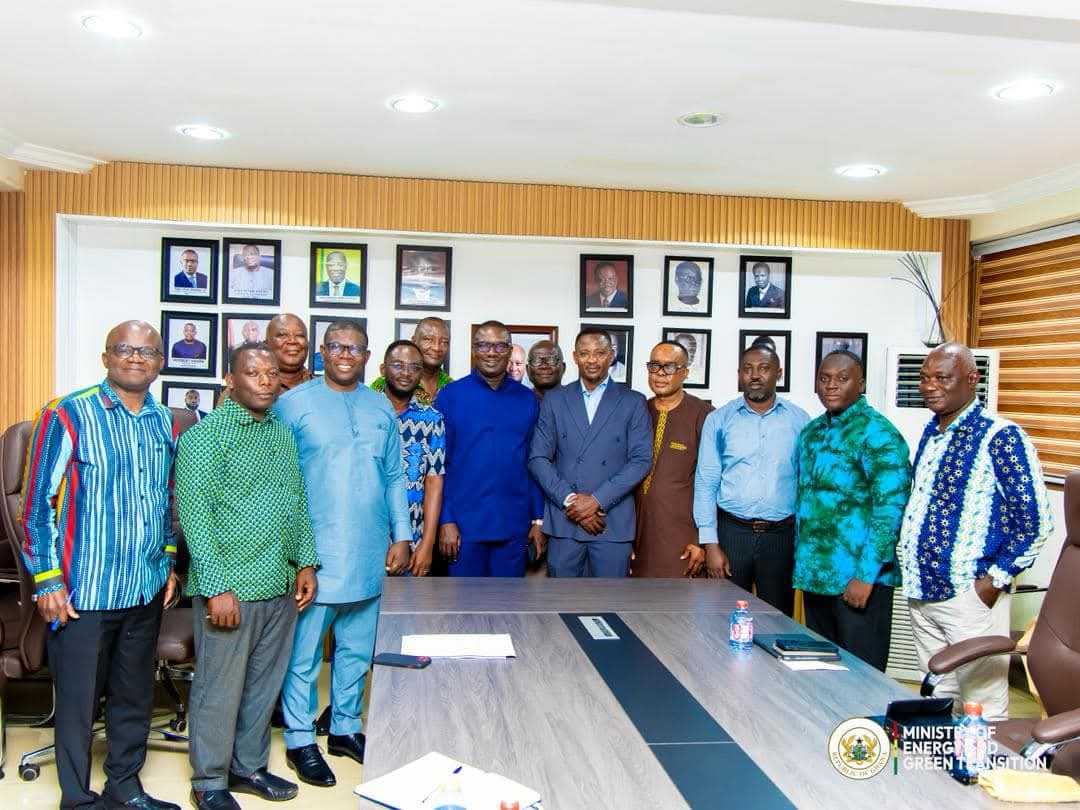


Facebook
Twitter
Pinterest
Instagram
Google+
YouTube
LinkedIn
RSS